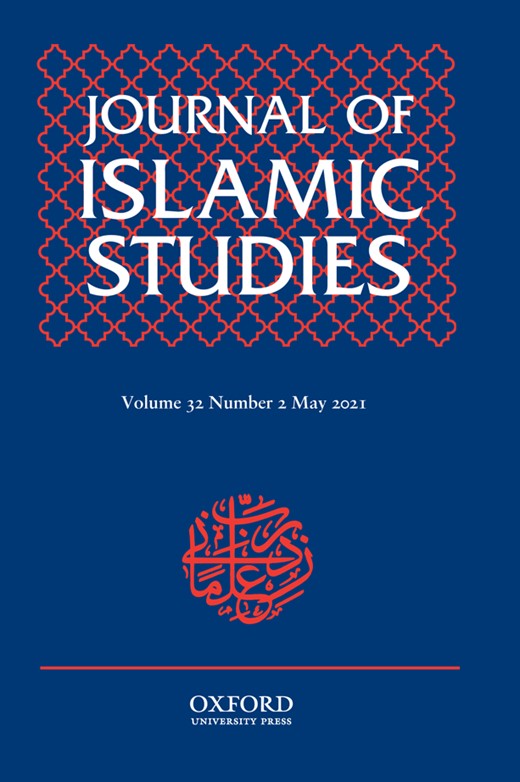-
Views
-
Cite
Cite
Amira Mittermaier, Knot of the Soul: Madness, Psychoanalysis, Islam By Stefania Pandolfo, Journal of Islamic Studies, Volume 32, Issue 2, May 2021, Pages 310–313, https://doi.org/10.1093/jis/etab007
Close - Share Icon Share
Extract
‘Do you know what madness is?’ a patient asks the ethnographer. Yet, rather than seeking to know or master madness, let alone undo it, Stefania Pandolfo’s stunning Knot of the Soul brings into play an array of voices and scenes, inviting us to relate to the experience of madness through ethnography (p. 2). Pandolfo draws together two worlds that are both theoretical and ethnographic: Islam and psychoanalysis. Knot of the Soul does not invent this conversation—notably, when Arab intellectuals translated Freud’s work in the 1950s, they resorted to Sufi terminology1—but it rekindles it, opening up new horizons of inquiry and critique for anthropology. By way of her conversations with Moroccan psychiatrists and a Qurʾānic healer, and her own engagement with a wide range of texts, Pandolfo creates an ‘alchemy of concepts’ (p. 3). Islam becomes a way to reclaim a lost legacy and draw out the ‘spiritual-metaphysical dimension of the psyche itself’ (p. 3).




